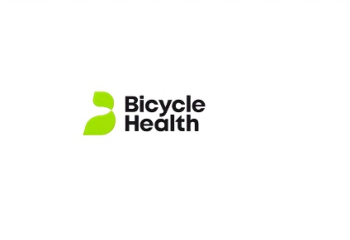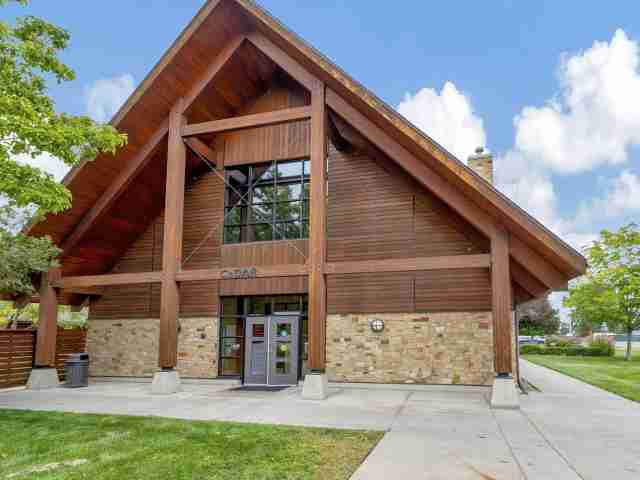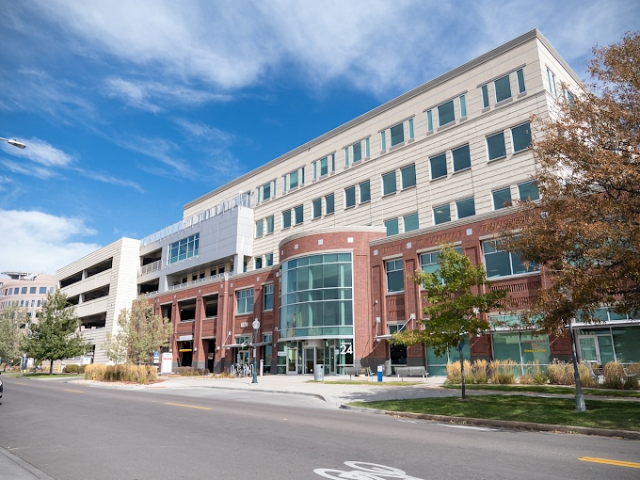More About Rehabs Accepting BlueCross BlueShield
More About Rehabs Accepting BlueCross BlueShield
Blue Cross Blue Shield (BCBS) has been providing healthcare benefits since 1929, covering a variety of healthcare-related services to meet a person’s needs.
About Blue Cross Blue Shield
Founded in Texas to make healthcare more affordable, BCBS has been around since 1929.(1) It began as a partnership between hospitals and their patients. In the 1940s, Blue Cross merged with Blue Shield to grow their reach. By the early 2000s, more than 100 million members made up BCBS.(1)
BCBS was also the only insurer able to process Medicare claims in 1966, helping over 5 million seniors become Medicare patients.(1)
Today, Blue Cross Blue Shield continues to be a leading health insurance company, offering a range of insurance products and services to millions of people across the United States.(1)
Does Blue Cross Blue Shield Cover Addiction and Mental Health Treatment?
Yes, Blue Cross Blue Shield covers at least some of the costs of rehab, but coverage will vary depending on your plan.
While coverage may vary depending on your plan, BCBS plans typically cover some level of treatment. You may be responsible for copayments or partial reimbursement of services rendered, so it’s a good idea to contact a BCBS representative to learn about specific coverage and costs.
Blue Cross Blue Shield Insurance Plan Options
Blue Cross Blue Shield, like most health insurance companies, offers coverage for substance abuse treatment. This can include inpatient and outpatient treatment, counseling, and medication-assisted treatment.
BCBS offers open-access plans, copay only plans, and high-deductible plans.(2)
- Open-access plans allow you to choose your doctors; they don’t require a referral, and they don’t require a primary care physician.
- Copay-only plans will guarantee that your costs after paying your deductible are only copays, with primary care physician visits and generic drugs covered before you hit your deductible.
- High-deductible plans offer preventative care services before the deductible is met, and some coverage through a primary care physician before the deductible is met (with copay), and the option of a health savings account. To view your plan’s details, you can log into the member website.
- Bronze plans have lower premiums but have the highest deductibles, which will result in higher out-of-pocket expenses. BCBS covers about 60% of the cost of care services after the deductible is met.
- Silver plans cost more in premiums but have lower deductibles and have lower out-of-pocket expenses than bronze plans. BCBS pays about 70% of the cost of care services after the deductible is met.
- Gold plans have the highest premiums but have the lowest deductibles and will have the lowest out-of-pocket expenses. BCBS pays about 80% of the cost of care after the deductible is met.
Which Types of Addiction and Mental Health Treatment Does BCBS Cover?
Since Blue Cross Blue Shield offers plans on the Health Insurance Marketplace as part of the Affordable Care Act (ACA), many plans cover mental health and substance abuse services, which are considered an essential health benefit (EHB) per the ACA.(3)
However, coverage for certain types of treatment programs may vary depending on the plan you have and on factors like geographic location.
There are varying levels of care for addiction treatment, which can include:
- Medical detox.
- Inpatient rehab.
- Outpatient treatment programs.
- Intensive outpatient programs (IOPs).
- Partial hospitalization programs (PHPs).
- Aftercare.
Blue Cross Blue Shield for Medical Detox
BCBS typically covers medically-supervised detox programs, which involve the use of medication and other treatments to help individuals manage the physical and emotional symptoms of withdrawal from drugs or alcohol. In some cases, BCBS may also cover the cost of inpatient or residential detox programs, which provide a more intensive level of care and support.
Blue Cross Blue Shield and Medically-Assisted Treatment
MAT is a form of rehab that combines medication with therapy to help those recovering from addiction. BCBS insurance covers many forms of MAT, including methadone and buprenorphine.
Blue Cross Blue Shield Coverage for Residential Treatment
Inpatient treatment is the most intensive form of rehab, and it typically involves staying at the center for several weeks or months. Inpatient treatment is ideal for those with severe addiction or mental health issues.
Intensive Outpatient Programs (IOP)
Intensive outpatient treatment is less intensive than inpatient treatment, and it typically involves visiting the center for a few hours a day. Outpatient treatment is ideal for those who need to continue working or taking care of their family while in rehab.
Partial Hospitalization Programs (PHP)
Partial hospitalization typically involves staying at the center for several hours a day. Partial hospitalization is ideal for those who need a higher level of care than outpatient treatment but do not require 24-hour supervision.
Blue Cross Blue Shield, Medicare and Medicaid
BCBS participates in Medicaid, which is a state and federally funded health insurance plan to help people with low-incomes access necessary health insurance.(4,5) There are both mandatory benefits required by federal law and optional benefits, which vary by state.(4)
Medicare is a federal insurance program for people aged 65 and older and those under 65 with certain disabilities or medical conditions.(5)
Medicare has 4 parts (A, B, C and D), each intended to meet certain needs.(5)
Private insurance companies like Blue Cross Blue Shield offer coverage to pay for rehab that goes beyond Medicare parts A and B to include benefits you may not otherwise have with Original Medicare.(5)
Examples of insurance coverage that a BCBS Medicare plan provides are hearing aids, vision and dental care and long-term care.(5)
Federal Employee Program
Blue Cross Blue Shield offers a Federal Employee Program (FEP) for federal workers, retirees and uniformed service members. Under the FEP, you can choose among three plans: Standard, Basic and FEP Blue Focus.(6)
With the FEP standard option, you can use in-network or out-of-network providers and, depending on your plan, you can expect to pay a copay for inpatient mental health or substance abuse services.(6) It is the most expensive plan of the three, and pre-certification is required for inpatient hospital services at Blue Cross Blue Shield drug rehab facilities.
The FEP Basic option requires that you use in-network providers for services to be covered.(5) Pre-certification is also required for inpatient mental health and drug addiction treatment services at Blue Cross Blue Shield rehab centers and you can expect to pay a copay. The FEP Blue Focus Plan is the least expensive option.
However, services and providers must be in-network. While this plan has no copays for inpatient mental health or substance abuse services, you are required to pay a percentage of services rendered. Checking your insurance coverage can be done online or over the phone by calling the number on the back of your BCBS insurance card.
[sources]
- Blue Cross Blue Shield. (n.d.). The Blue Cross Blue Shield system.
- HealthCare.gov. (n.d). Mental health & substance abuse coverage.
- Blue Cross Blue Shield Blue Care Network of Michigan. (n.d.) What’s the difference between bronze, silver and gold plans?
- Centers for Medicare and Medicaid Services. (n.d.). Mandatory and optional Medicaid benefits.
- Blue Cross Blue Shield Medicare. (n.d). Medicare Coverage Options.
- Blue Cross Blue Shield Federal Employee Program. (n.d.). 2020 basic options benefit chart.
- Blue Cross Blue Shield Federal Employee Program. (n.d.). 2020 FEP blue focus benefits chart.










































































































